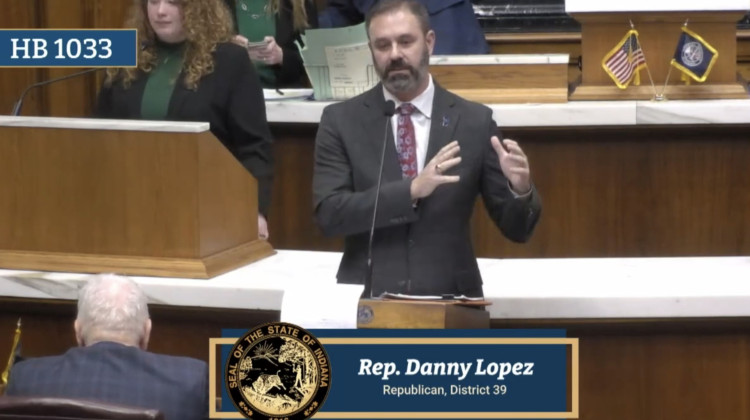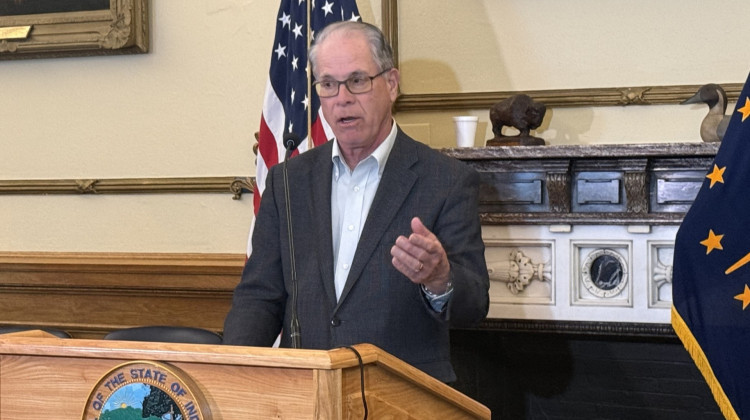You may not associate streaming movies on Netflix with carbon emissions, but researchers at Purdue University are trying to change that.
While greenhouse gas emissions appear to have fallen in 2020 due to reduced travel during the coronavirus pandemic, carbon emissions related to internet use have increased.
According to researchers, 20 hours of video streaming is roughly equivalent to the carbon output of a gallon of gasoline.
Even before the pandemic, internet use accounted for an estimated 3.7 percent of greenhouse gas emissions.
Dr. Roshi Nateghi worked on the study. She said since the start of the pandemic internet use has surged by roughly 20 percent.
“With every click that we do while we surf on the internet and do our conference calls or whatnot we’re having an environmental impact,” she said. “That impact is not negligible.”
Nateghi said that impact can be greatly reduced by streaming videos at a lower-quality and, during video conferences, turning your video off.
The study found lower-quality video streaming reduced the carbon footprint for that activity by 86 percent. Turning off video during a web call led to reductions of 96 percent.
“These are little things we can do as citizens but of course there is a lot more service providers and regulators can do so we can be cautious and mitigate the footprint of the sector,” she said.
The study didn’t just look at CO2 pollution -- also focusing on the land and water used to provide the energy needed to power the internet.
“We shouldn’t just be concerned about pollutants but also the impact on our water sector and land,” she said. “The conversation around the environmental footprint should be a little more holistic and look beyond CO2.”
Nateghi notes that the study isn’t meant to be proscriptive and she isn’t trying to ban online video streaming.
“Over the past 15 years the same level of data transmission the amount of energy used has greatly reduced,” she said. “These footprints are associated with energy generation that has significant environmental impacts. If you move towards renewable energy we have less cause of concern.”
Nateghi said she’d like to see internet service providers become more transparent about the kinds of energy they use and -- ultimately -- transition to cleaner options.
 DONATE
DONATE









 Support WFYI. We can't do it without you.
Support WFYI. We can't do it without you.